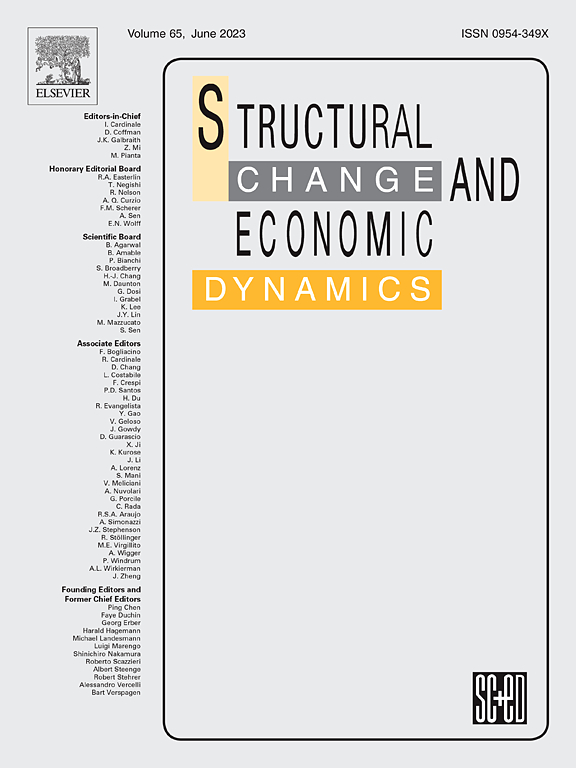地缘政治风险与欧盟基金的有效性:国家影响的异质性
IF 5.5
2区 经济学
Q1 ECONOMICS
引用次数: 0
摘要
尽管地缘政治问题正在成为全球经济决策中普遍存在的因素,但目前关于地缘政治风险对结构性政策有效性影响的证据有限。本文收集了欧盟“凝聚力政策”和“下一代基金”的新数据,研究了中美地缘政治风险对欧盟结构性政策有效性的影响。采用异质建模框架可以衡量具体国家的影响。我们的研究结果表明,美国和中国地缘政治紧张局势的加剧导致凝聚力基金的有效性从- 13%降至- 30%。主要的负面影响集中在出口型国家和中东部国家。我们还证明,地缘政治风险的提高降低了NGEU基金的预期回报。最后讨论了本研究的政策含义。本文章由计算机程序翻译,如有差异,请以英文原文为准。
Geopolitical risks and the effectiveness of the EU funds: Heterogeneity in country impact
Despite geopolitical issues are becoming pervasive elements in economic decisions worldwide, current evidence is limited on the impact of geopolitical risks on the effectiveness of structural policies. This paper assembles new data on the Cohesion Policy and Next Generation funds to study the impact of geopolitical risks originating from China and the US on the effectiveness of structural policies in the European Union. The application of a heterogeneous modelling framework allows for the measurement of country-specific impact. Our results, which are robust to alternative specifications, suggest that a raise of geopolitical tensions from the US and China translates in a reduction of the effectiveness of the cohesion funds from -13 % to -30 %. The main negative impact is concentrated in export-oriented and in the Central and Eastern countries. We also document that a raise of geopolitical risks diminishes the expected returns of the NGEU funds. The policy implications of our study are finally discussed.
求助全文
通过发布文献求助,成功后即可免费获取论文全文。
去求助
来源期刊

Structural Change and Economic Dynamics
ECONOMICS-
CiteScore
9.60
自引率
4.90%
发文量
159
期刊介绍:
Structural Change and Economic Dynamics publishes articles about theoretical, applied and methodological aspects of structural change in economic systems. The journal publishes work analysing dynamics and structural breaks in economic, technological, behavioural and institutional patterns.
 求助内容:
求助内容: 应助结果提醒方式:
应助结果提醒方式:


